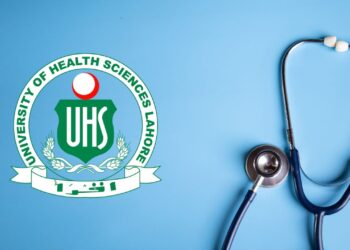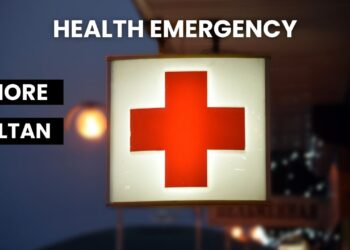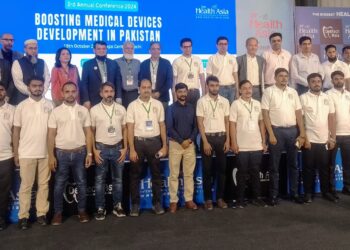Besides the basic nutrients like proteins and carbs, another significant food component called Vitamins are required by the body. These micronutrients have numerous key roles in overall human metabolism.

Hence, vitamin deficiencies could lead to fatal heath related disorders. In developing countries, a massive part of population, females and children to be precise are prone to multiple nutritional disorders owing to deficiencies of minerals, vitamins and other nutrients. Therefore, below are some chief vitamins mandatory for the body, which promotes improved health and prosperous lifestyle.
Fat-Soluble Vitamins
These are the vitamins usually stored in the body. However, adequate amount is hard to achieve and that could lead to numerous diseases and disorders. Fat soluble vitamins include, Vitamin A, D, E and K. Each vitamin has its own fundamental role to play inside the human body.
Vitamin A
Also known as retinol, A vitamins are required to make visual purple of the eye which enable us to see in dim light, hence preventing night blindness. Moreover, other key roles of retinol in human body are: maintenance of healthy skin by reducing acne and toxicity, Normal growth of bones & teeth in children and maintenance of mucous (moistness) in throat and other surfaces of the body.

Sources: Retinol can be obtained from Milk, cheese, liver, egg yolk, kidney, oily fishes, carrot, spinach, apricot, cabbage and tomato etc.
Deficiency: Vitamins A deficiency leads to night blindness, retarded growth and dryness of skin and mucous.
Vitamin D
Cholecalciferol or D vitamins help in accomplishing bone and teeth health by maintaining and regulating calcium and phosphorous levels in the body. Other than that, it also helps in absorption and retention of certain minerals, which the kidney would otherwise excrete.

Sources: Most convenient source of Cholecalciferol is Sunlight. Half an hour of scorching heat provides enough vitamin D. However, other opportune sources are, milk and its products, oily fishes, liver and egg yolk.
Deficiency: As cholecalciferol assists in achieving Bone health, its deficiency leads to multiple bone diseases like osteomalacia, osteoporosis and rickets etc.
Vitamin E
Natural antioxidant E vitamins or Tacopherol supports immune system and help your cells to regenerate. Additionally, this vitamin is known to have skin and hair benefits.
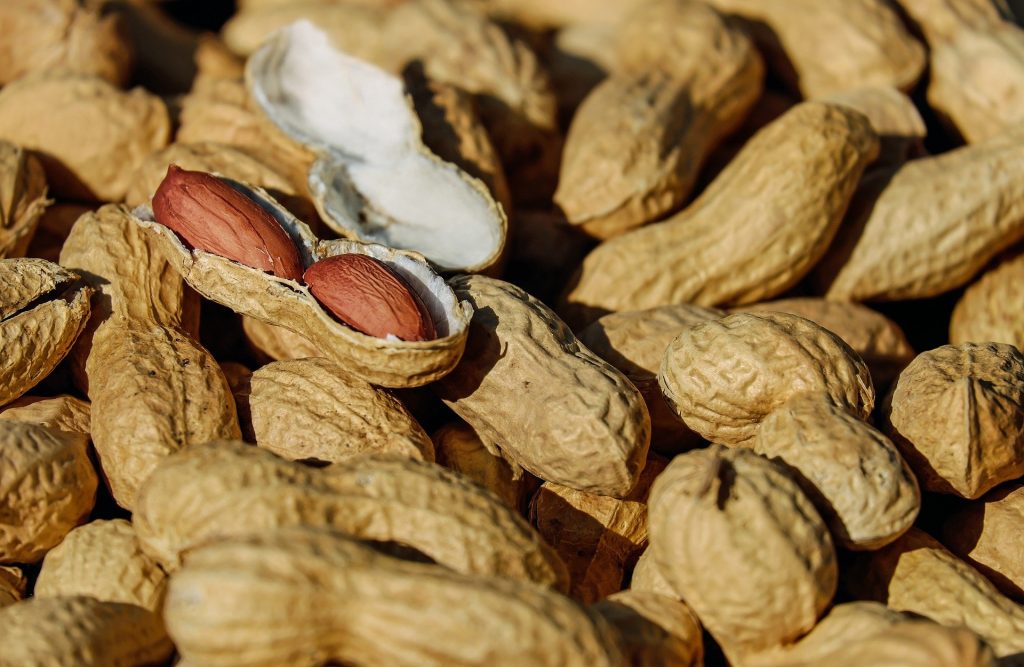
Sources: Milk, egg yolk, vegetable oil, lettuce, peanuts and seeds.
Deficiency: premature babies and people who cannot absorb fat may show signs of an increased breakdown of red blood cells, muscle tissue damage, and swelling of adipose (fatty) tissue.
Vitamin K
Vitamin K is one of the most important components of blood that assist in the production of coagulation factor in blood. According to the Harvard School of Public Health, “vitamin K helps produce four of the 13 proteins needed for blood clotting.”
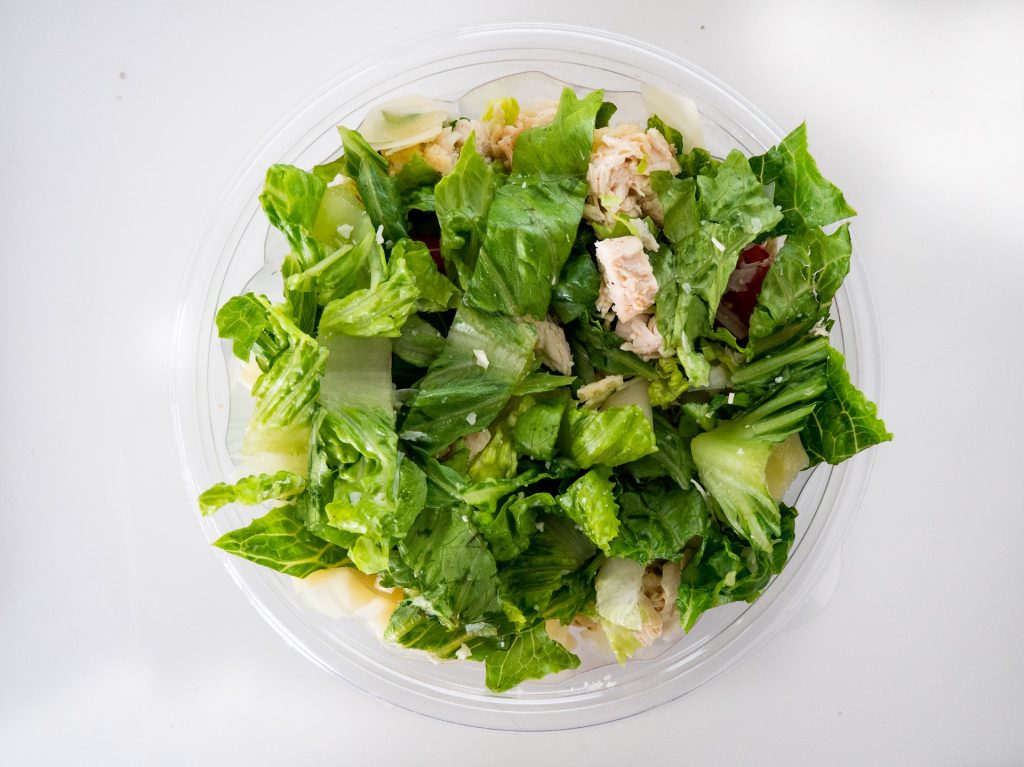
Sources: Leafy vegetables
Deficiency: Deficiency is rare.
Water Soluble Vitamins
Second group of Vitamins, the water soluble are not stored in the body and are important to be consumed from natural sources. These include Vitamin B and C.
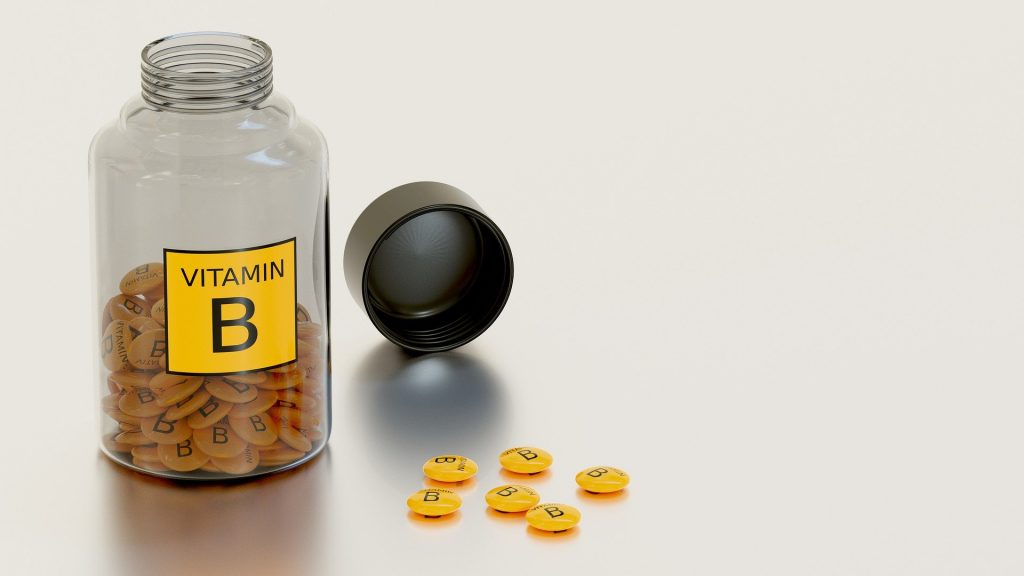
Vitamin B1
Thiamin or B1 vitamins are required for normal growth of children and proper functioning and maintenance of nerves. These are also involved in metabolic reactions that release energy.

Sources: Thiamin can be obtained from fish roe, organ meat, cereals, egg, liver and yeast etc.
Deficiency: Lack of thiamin human body has numerous side effects. It leads to Depression, irritability, difficulty in concentration, defective memory, anxiety and retarded growth in children. Nerves become inflamed and painful, with severe deficiency leading to a disease called Beri Beri.
Vitamins B2
Also known as riboflavin, B2 helps in growth and release of energy in the body.
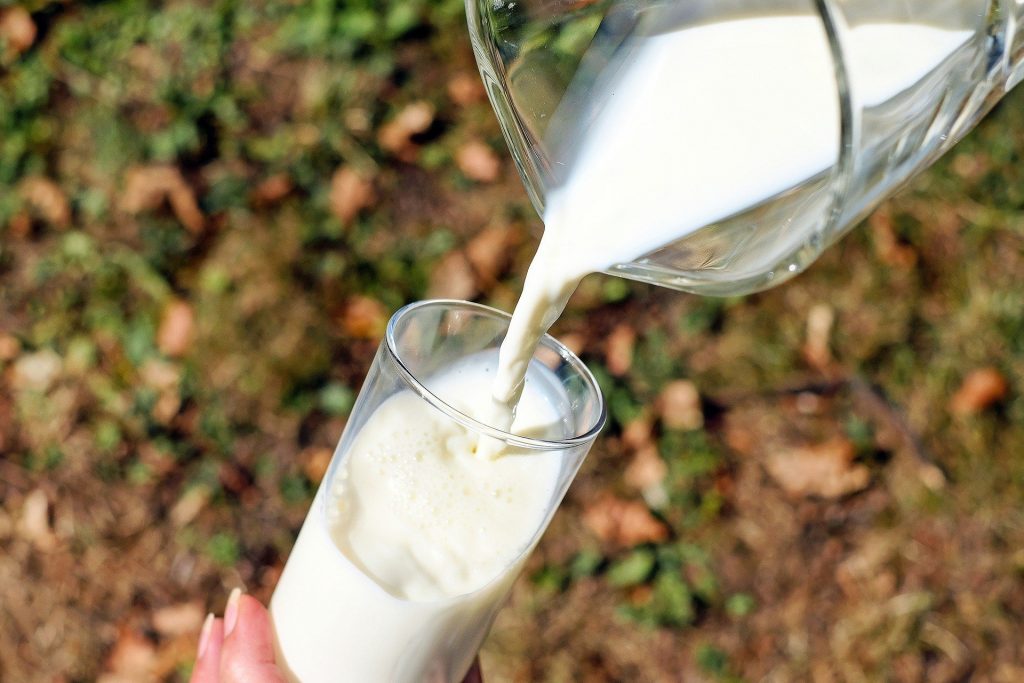
Sources: Enriched cereals, milk and liver etc.
Deficiency: Deficiency of riboflavin causes stunted growth and tongue swelling. It also leads to cheilosis, a condition in which mouth and lips become sore.
Niacin or Nicotinic acid is an important factor in releasing energy from metabolic reactions.
Nicotinic Acid
Sources: Meat, peanut and enriched cereals.

Deficiency: Pellagra (Dermatitis, Dementia, Diarrhea)
Folate
Folate is essential in the formation of Red Blood Cells, metabolic reactions and production of Nucleic Acids DNA and RNA.

Sources: Liver and green leafy vegies.
Deficiency: Deficiency of folate leads to stunted growth and anemia. Additionally, lack of folate in early pregnancy may lead to a a condition called spina-bifida in the baby.
Read More: Fennel Seeds: Top 15 health benefits and side effects
Vitamins B12
Colabamin or Vitamin B12 is a nutrient that helps keep the body’s nerve and blood cells healthy and helps make DNA, the genetic material in all cells. Also, it helps in metabolism of amino acids.
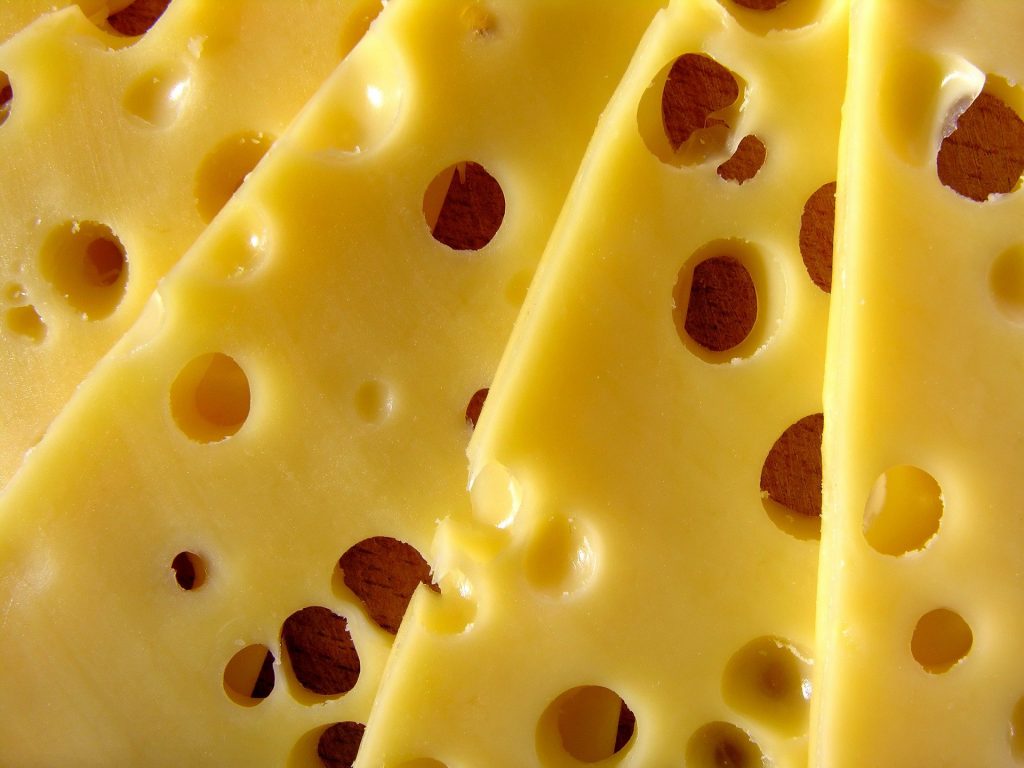
Sources: Liver, milk, meat, cheese and egg.
Deficiency: Deficiency of B12 leads to megoblastic anemia in humans.
Vitamin C
C vitamins, also known as ascorbic acids plays significant role in Collagen formation. Furthermore, these assist in the absorption of mineral Iron, assist in the building of strong bones and teeth, required for the production of red blood cells and antioxidant.

Sources: fresh citrus fruits and vegetables like tomato, cabbage, chili etc.
Deficiency: Scurvy, impaired wound healing, gums and teeth loosen, scars tissue, anemia.
Vitamins are one of the most important nutrients required for accurate working metabolism of the body. Therefore, a balanced diet with adequate amount of minerals, carbs, proteins, vitamins and other nutrients is really essential and leads to a staircase to flourishing health.
Read More: 7 healthy Red foods and their benefits


